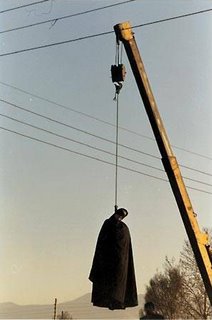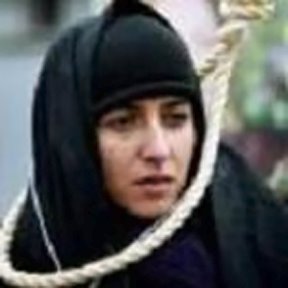Egypt's grand mufti issues fatwa: no sculpture

CAIRO – More than 1,300 years after the Muslim conquest swept through Iran Dokht News
CAIRO – More than 1,300 years after the Muslim conquest swept through Egypt, one of the country's highest religious authorities has declared that its ancient sculptures are forbidden by Islam.
In his fatwa - or religious ruling - issued earlier this month, Grand Mufti Ali Gomaa quoted a saying of the prophet Muhammad that sculptors will be among those receiving the harshest punishment on Judgment Day.
Artists and intellectuals here say the edict, whose ban on producing and displaying sculptures overturns a century-old fatwa, runs counter to Islam. They also worry that extremists may use the ruling as a pretense for destroying Egypt's ancient relics, which form a pillar of the country's multibillion-dollar tourist industry.
I'm sure Egypt will not allow the wholesale destruction of all art in the land of the Pharaohs since they rely very heavily on tourism and the sale of these 'idols in danger of corrupting minds to worship them". Best to issue a fatwa against blowing up other Egyptians and tourists first.
Leap Frog
Image, Diane, AFD







